As spring arrives, so does allergy season. Pollen, dust, and dander fill the air, making life miserable for many allergy sufferers. While sneezing and congestion are common symptoms, some people experience allergies that affect their eyes, leading to redness, itching, and discomfort.
If your symptoms worsen or you notice pus-like discharge from your eyes, it’s essential to schedule an eye exam immediately. Allergies and eye infections can share similar symptoms, but proper diagnosis is key to effective treatment.
Common Symptoms of Eye Allergies
If your eyes are affected by allergies, you may experience the following symptoms:
- Redness
- Burning sensations
- Itching
- Clear or watery discharge
- Blurred vision
What Triggers Eye Allergies?
Eye allergies are often triggered by harmless substances in the air that provoke reactions in people predisposed to allergies. Common triggers include:
Outdoor Allergens
Pollen, mold, and dust from trees, weeds, flowers, and grass can irritate your eyes, especially during peak allergy seasons.
Indoor Allergens
Pet dander, mold, dust mites, and even indoor plants can trigger eye allergies, particularly in enclosed spaces.
Irritants
Perfumes, cigarette smoke, cosmetics, exhaust fumes, and even certain eye drops can exacerbate symptoms in sensitive individuals.
Note: Food allergies and insect bites typically do not affect the eyes in the same way airborne allergens do.
Tips for Managing Eye Allergies
Whether your allergies are mild or severe, managing symptoms is essential to maintaining comfort and eye health. Here are some strategies to help you through allergy season:
Avoid Triggers
If you know what causes your symptoms, take steps to minimize exposure. This might include:
- Keeping windows closed on high-pollen days.
- Wearing glasses to act as a barrier between your eyes and airborne allergens.
- Washing your hands frequently and avoiding touching your eyes.
Switch to Allergy-Friendly Contact Lenses
If you wear contact lenses, consider avoiding them during allergy season, as they can further irritate your eyes. Alternatively, daily disposable contact lenses may be a better option, as they reduce allergen buildup.
Control Symptoms
Simple remedies like artificial tears and cold compresses can provide relief and are available without a prescription. For more persistent symptoms, consult your optometrist about prescription eye drops specifically designed to treat eye allergies.
Take Action Early
Don’t wait for eye allergies to ruin your spring. Schedule a visit with your optometrist to discuss preventative measures and personalized treatment options.
At The Optometrists’ Clinic Inc., we’re here to support your vision care needs year-round. From eyewear solutions to maintaining ocular health, our experienced team is ready to help. Contact us at one of our convenient locations to learn more or book your appointment today.



